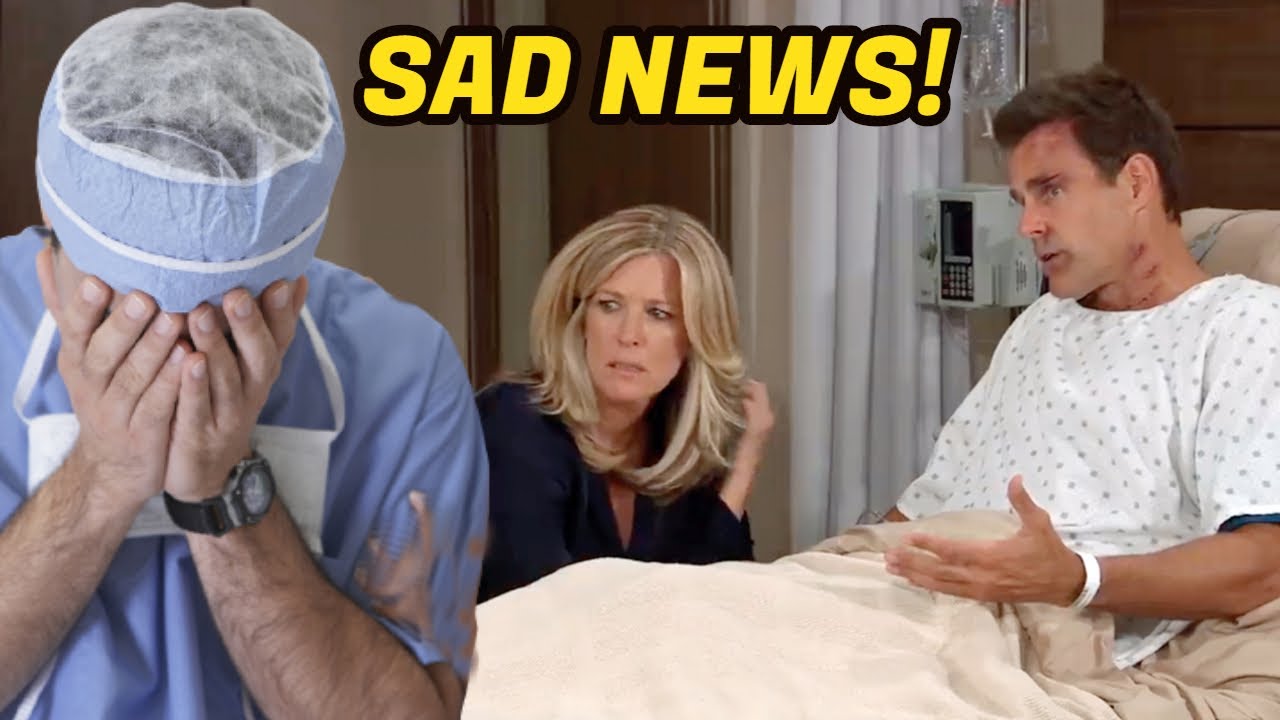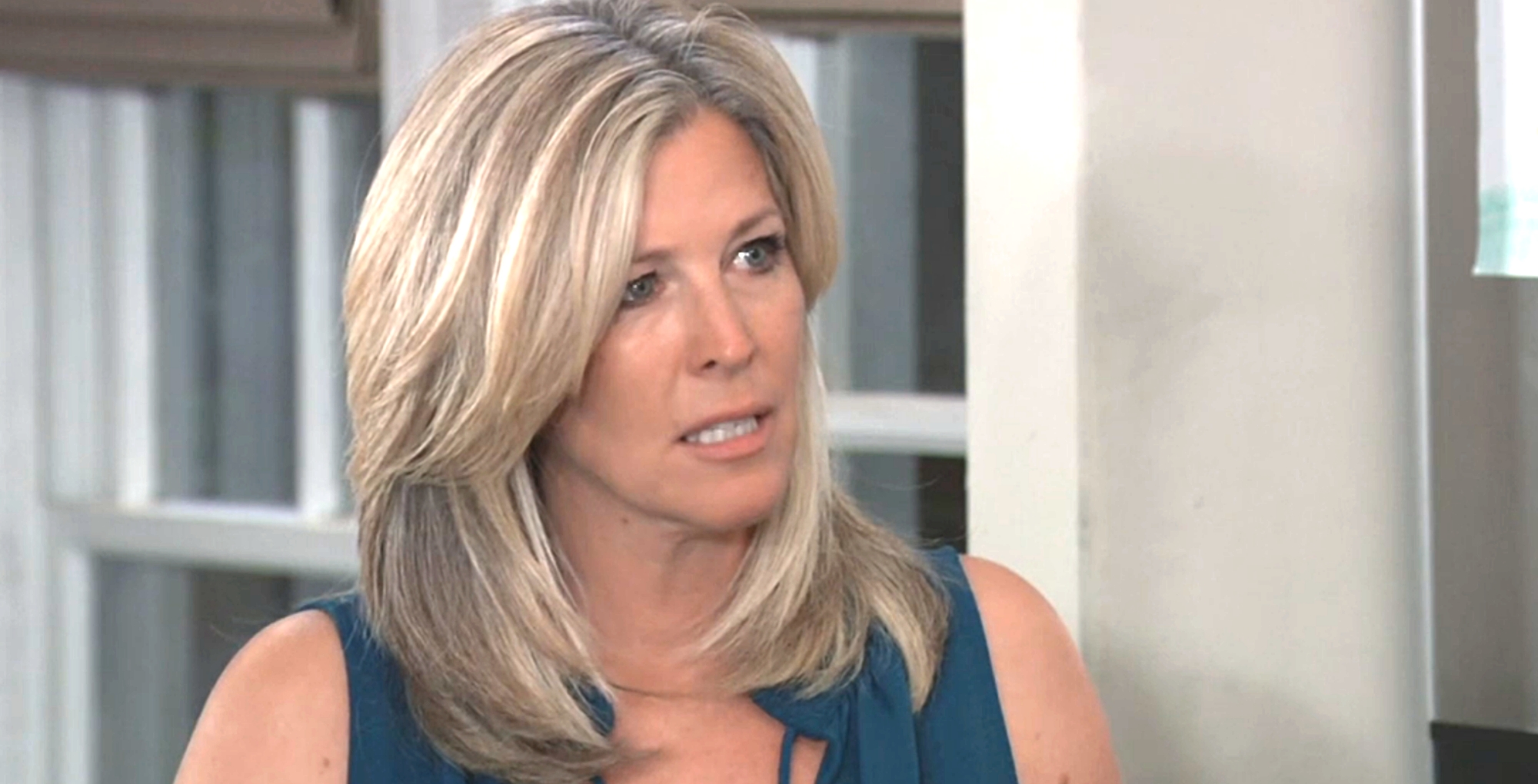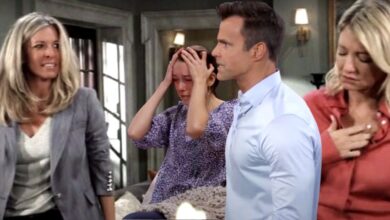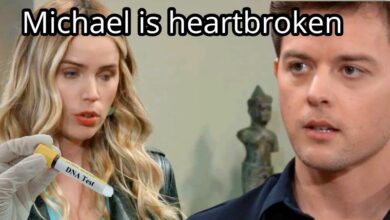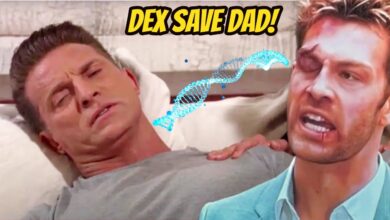Drew fainted, the doctor informed him that he had cancer ABC General Hospital Spoilers
General Hospital buzzing: what’s going on with Drew Cordain? There’s speculation that his recent behavior changes could stem from a brain tumor, and this theory has the potential to not only transform his character, but also create a deeply emotional and gripping storyline. We’re going to explore this possibility from every angle, connected to the show’s history, and even dream up some ways this could unfold on screen. (0:43) Let’s get started!
A History of Port Charles and Its Brain Tumors
If you’re a longtime fan of General Hospital, you know that the idea of a brain tumor influencing someone’s behavior isn’t unprecedented in Port Charles. Let’s take a stroll down memory lane. Franco Baldwin, Drew’s foster brother, had his entire life turned upside down by a brain tumor. When it was removed, fans got to see a redeemed version of Franco—a man trying to make up for the pain he had caused. Then there’s Drew’s own son, Oscar Nero, whose tragic battle with a brain tumor left fans heartbroken. While Oscar’s condition didn’t affect his behavior in the same way Franco’s did, his storyline added a layer of emotional depth that resonated with viewers.
The idea of Drew grappling with a similar diagnosis ties beautifully into the show’s legacy, creating a poignant connection between father and son.
When Did Drew Begin to Change?
Pinpointing the moment Drew’s behavior shifted is essential to understanding this theory. Rewind to a time when Drew was the ultimate good guy, working alongside Jason Morgan and Valentin Cassadine to take down Peter August and rescue Liesl Obrecht. He was selfless, courageous, and deeply loyal—qualities fans adored. But everything changed when Drew was sent to Pentonville prison as part of his sentence for helping Carly Spencer. Drew faced constant danger behind bars, and the physical toll was immense, including repeated beatings that left him with serious injuries to his head and face. Could these injuries have triggered something in his brain? It’s a compelling question, and the timing aligns perfectly with the beginning of Drew’s erratic actions.
Behavioral Clues: A Tale of Two Drews
Drew’s recent behavior is a far cry from the man fans once knew. The old Drew was a devoted father, trustworthy friend, and a man of integrity. He shared a close bond with Curtis Ashford and was deeply committed to his children, Oscar and Scout. Fast forward to today, and Drew feels like a completely different person. He’s deceitful, reckless, and disconnected from the values he once held dear. Consider Franco’s transformation: when his tumor returned, before it was removed, his actions were unpredictable and, at times, harmful. After surgery, he embarked on a journey of redemption. Could Drew be on a similar path? If a tumor is at play, its removal might restore the version of Drew we all fell in love with.
The Physical Evidence: Injuries and Trauma
Drew’s time in Pentonville wasn’t just emotionally taxing; it was physically brutal. The beatings he endured often targeted his head, raising the possibility of lasting damage. Brain injuries—whether from trauma or the growth of a tumor—can lead to drastic changes in personality, mood, and decision-making. Medical research shows that tumors located in certain parts of the brain, such as the frontal lobe, can impair judgment and trigger impulsive behavior. This could explain Drew’s sudden betrayal of Curtis, his questionable decisions, and his general departure from his former self. It’s not just a theory; it’s a storyline that practically writes itself.
The Emotional Weight of a Tumor Storyline
If Drew’s behavior is linked to a brain tumor, the storyline could deliver an emotional gut punch. Imagine the reactions of those closest to him—Curtis, Carly, and Scout—when they realize his actions weren’t entirely his own. The revelation would bring a mix of guilt, relief, and hope, setting the stage for heartfelt moments of reconciliation. This arc would also provide an opportunity for Drew to rebuild his relationships and redeem himself in the eyes of those he’s hurt. It’s a chance for the writers to explore themes of forgiveness, resilience, and the enduring power of love.
Parallels to Franco and Oscar
Drawing parallels between Drew’s potential tumor storyline and the experiences of Franco and Oscar adds a layer of narrative richness. Franco’s journey from villain to hero showed us the transformative power of understanding and acceptance. Meanwhile, Oscar’s battle with a brain tumor highlighted the fragility of life and the importance of cherishing every moment. If Drew is diagnosed with a tumor, it would connect him to these characters in a profound way. It’s a chance to honor their legacies while carving out a unique path for Drew’s redemption.
What’s Next for Drew?
So, what could the future hold if this theory proves true? Drew’s diagnosis could be the turning point that brings his storyline full circle. Perhaps a medical emergency will lead to the discovery of a tumor, forcing Drew to confront the impact of his actions. Or maybe a loved one—Carly, Curtis, or even Scout—will push him to seek help. The potential for drama is endless. Will Drew accept the help he needs, or will his pride get in the way? How will his relationships evolve as the people around him grapple with the diagnosis? And most importantly, can Drew reclaim his identity and find a way back to the man he once was?
